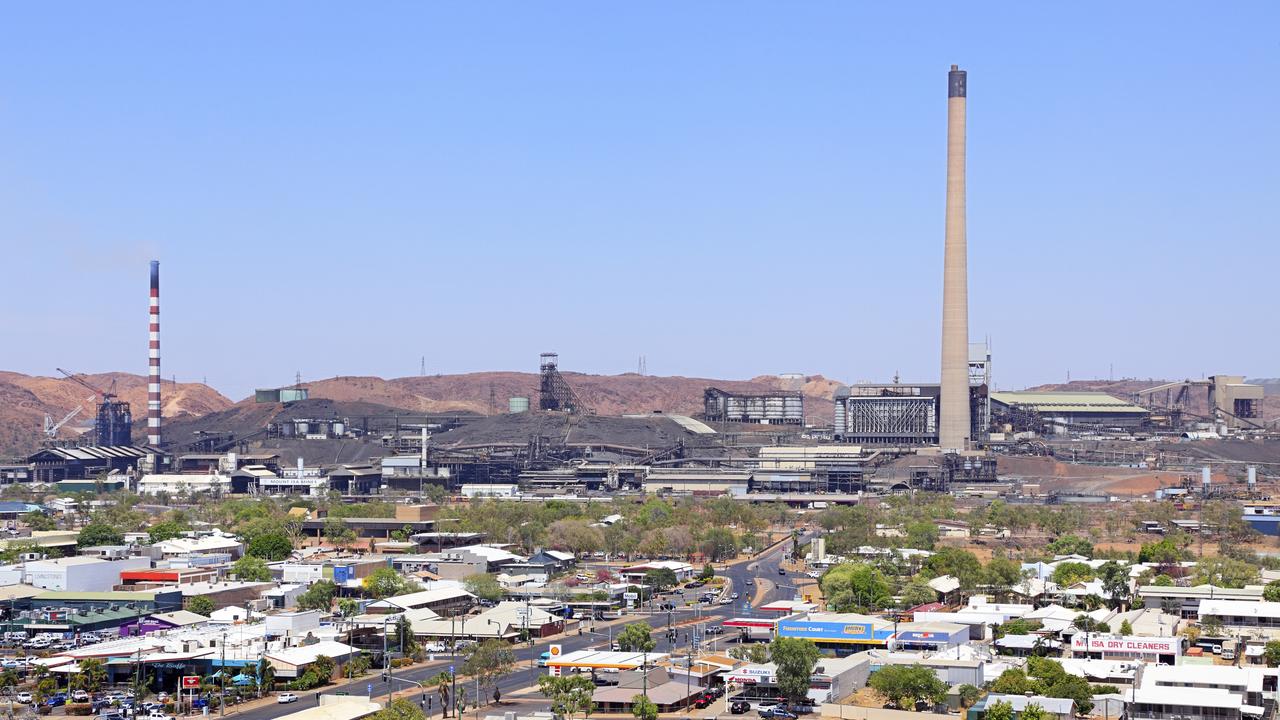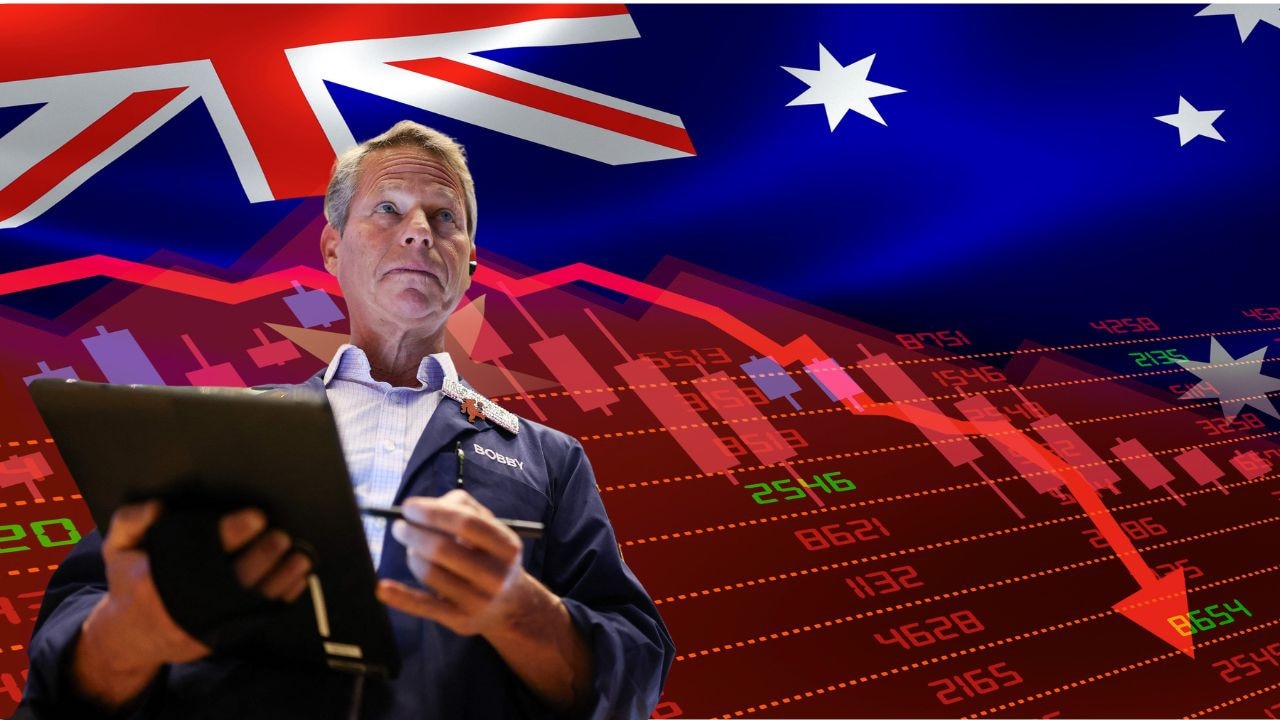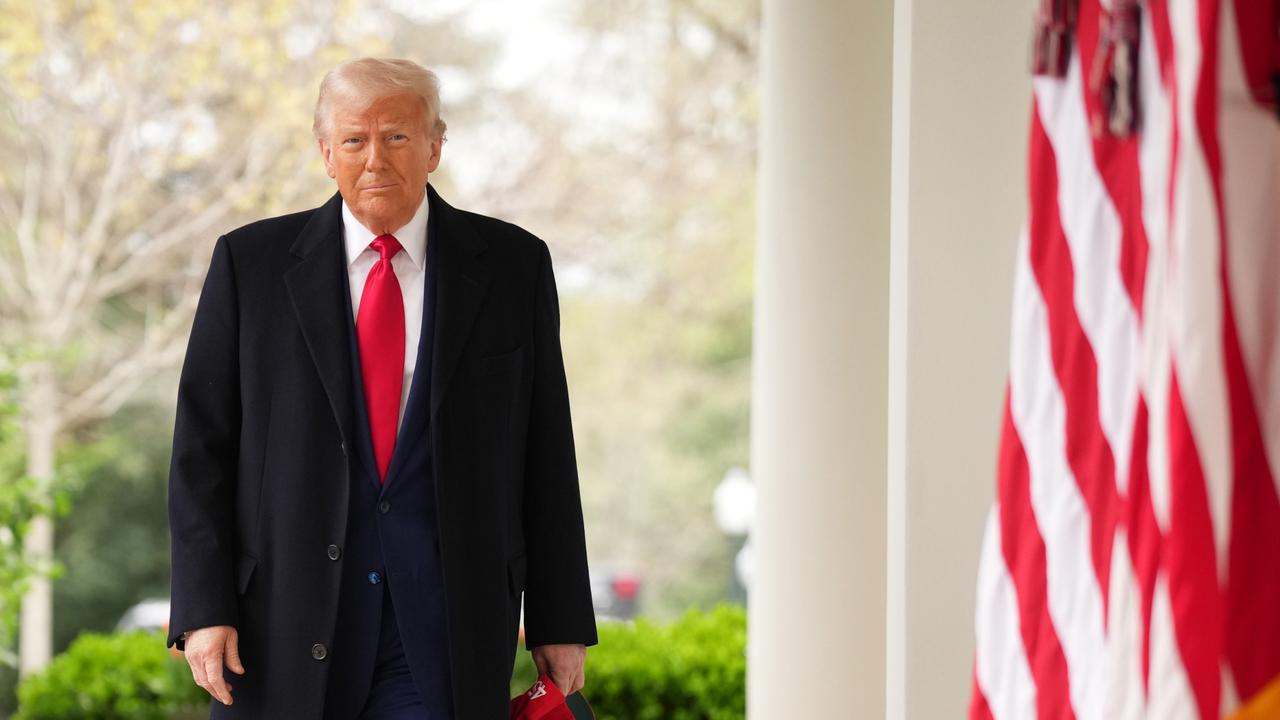Can Australia lean on European, US rules to outlaw supermarket ‘price gouging’?
Anthony Albanese has pledged Labor will outlaw supermarket price gouging. Could Australia take inspiration from similar laws in the European Union or the US? It’s complicated.
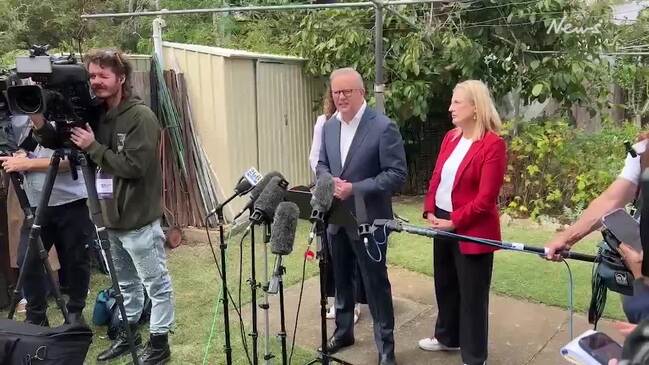
Business
Don't miss out on the headlines from Business. Followed categories will be added to My News.
Labor has pledged to outlaw supermarket price gouging if it wins re-election. But litigating prices has only had intermittent success in overseas markets.
Policies from both major parties to tackle cost-of-living pressures – a critical issue to voters – are being pitched to the electorate ahead of Australians going to the polls on May 3.
At the weekend, Prime Minister Anthony Albanese said he would look to European Union and US laws to tackle the runaway cost of everyday goods.
The supermarkets deny that shoppers are being gouged.
Coles and Woolworths point to a year-long inquiry conducted by the Australian Competition & Consumer Commission which did not find evidence of price gouging.
Even so, Mr Albanese has threatened “heavy fines” to weed out super profits.
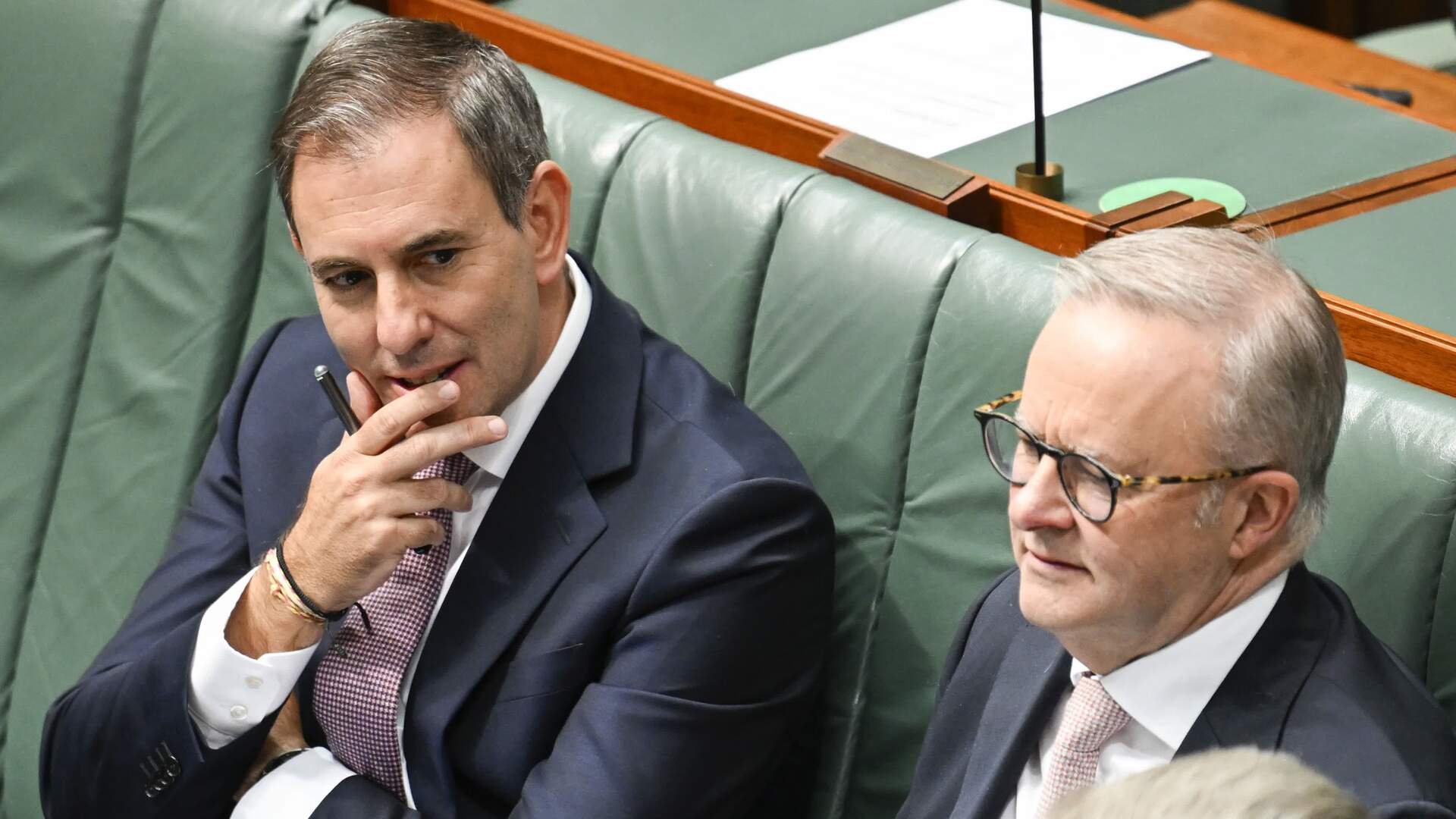
EU laws do not ban price “gouging” but they do prohibit “excessive pricing”, former ACCC chair Allan Fels told The Australian. “That can only be done on the basis of a court verdict,” Professor Fels said. “The European Commission (similar to Australia’s competition regulator) can apply for a verdict. The situation is that there have been a small number of cases using that law, growing slightly, but still only used fairly rarely.”
Those cases mostly concerned pharmaceutical prices.
Professor Fels, who conducted an Australian Council of Trade Unions-sponsored inquiry into prices, believes allegations facing supermarkets about false discounts “could constitute price gouging”.
“It’s alleged that supermarkets could up prices, by say, 10 per cent very briefly, then reduce them by, say, 5 per cent and claim price reductions. That seems to me to be price gouging,” he said.
“Some would say that it’s adequately covered by the misleading and deceptive conduct provisions of the law.”
The Federal Court is yet to hear the ACCC’s sham discounting case.
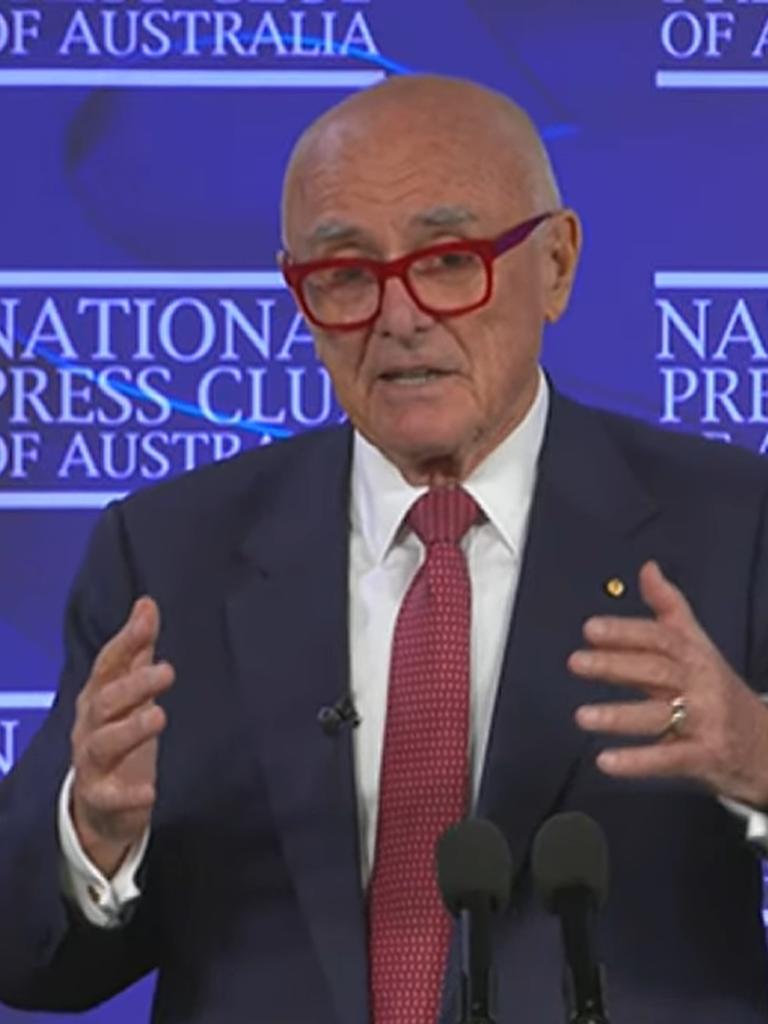
While Professor Fels and Monash University’s competition expert Mel Marquis agree the EU laws have not been used against supermarkets, they both referenced a 2021 case in which pharmaceutical giant Aspen was forced to drastically lower the price – by up to 73 per cent – of six medicines used to treat cancer.
“Aspen started in 2012 to progressively increase its prices, often by several hundred per cent,” a statement from the European Commission read.
“The Commission’s analysis of Aspen’s accounting data showed that, after the price increases, Aspen has consistently earned very high profits from its sale of these medicines in Europe, both in absolute terms and when compared to the profit levels of similar companies in the industry. Aspen’s prices exceeded its relevant costs by almost 300 per cent on average.”
Dr Marquis told The Australian that under EU law, prices would be excessive if they have no “reasonable relation to the economic value of the product”. In practice, that was a difficult standard to apply, Dr Marquis said.
“We are talking about market economies … and the underlying idea is that profits drive our economies. It’s not a surprise that the European Commission which enforces competition law in Europe has been reluctant to bring excessive price cases.”
In the US, 39 states have specific price gouging laws but they typically only prevent price gouging during a state of emergency.
“Most of these laws provide for civil penalties, as enforced by the state attorney general, while some state laws also enforce criminal penalties for price gouging violations,” states the National Conference of State Legislatures, which regards it as a violation of unfair or deceptive trade practices law.
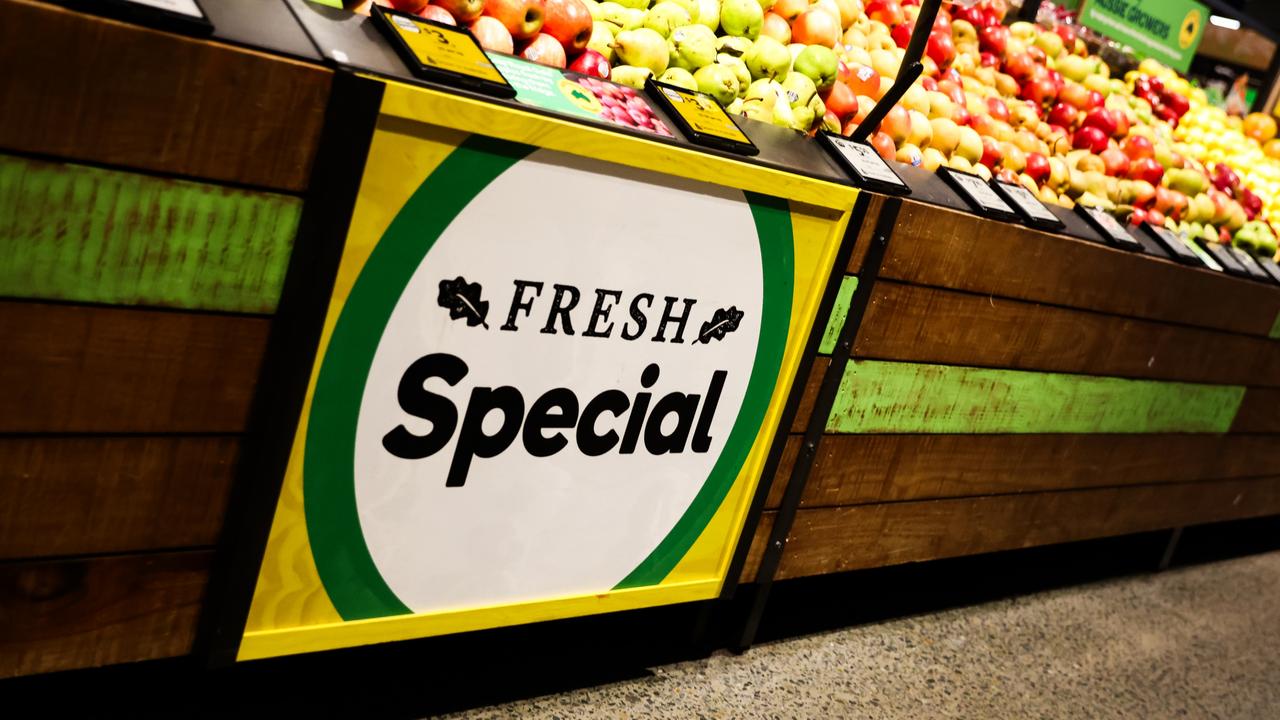
Baker & McKenzie competition partner Lynsey Edgar told The Australian price gouging is not of itself illegal in Australia under the current legislative framework, and businesses are generally entitled to set prices as they see fit.
But excessive prices can raise issues under competition law if a business makes misleading or deceptive statements about the reasons for the high prices or price increases.
As well, if a business had substantial market power and a price increase had the likely effect of “substantially lessening competition in a market”, this could break the law, Ms Edgar said.
“In theory, a similar model to that of the EU could be implemented in Australia, by adding an additional provision under (section) 46 prohibiting a corporation with substantial market power from imposing unfair purchase or selling prices … together with the relevant definitions.
“This would, however, represent a significant change to Australian competition law.”
Originally published as Can Australia lean on European, US rules to outlaw supermarket ‘price gouging’?




